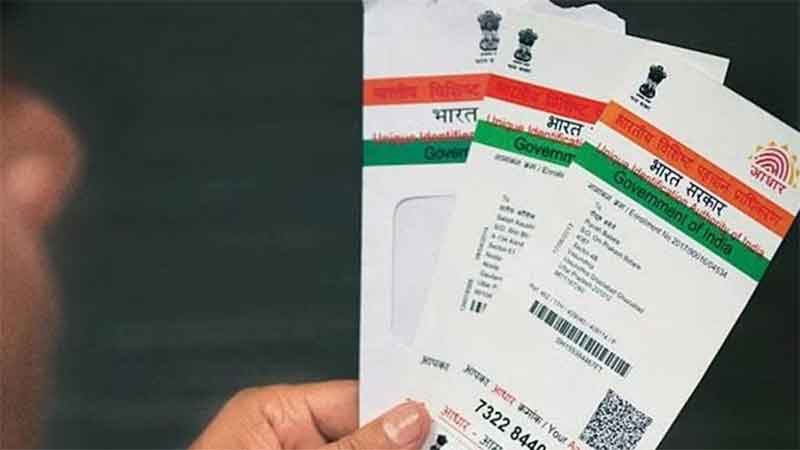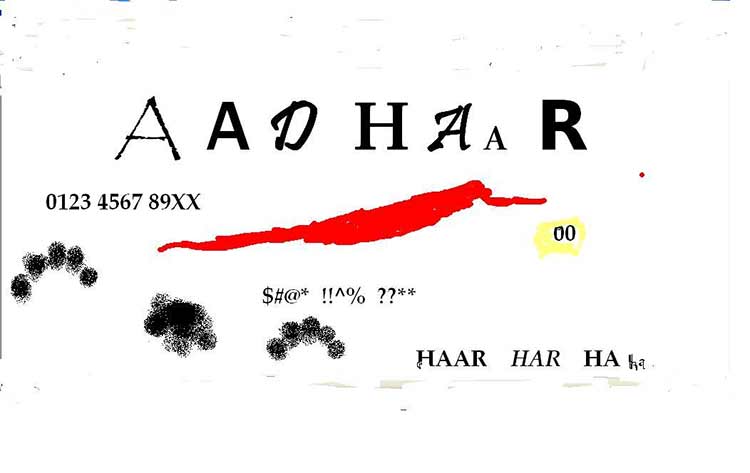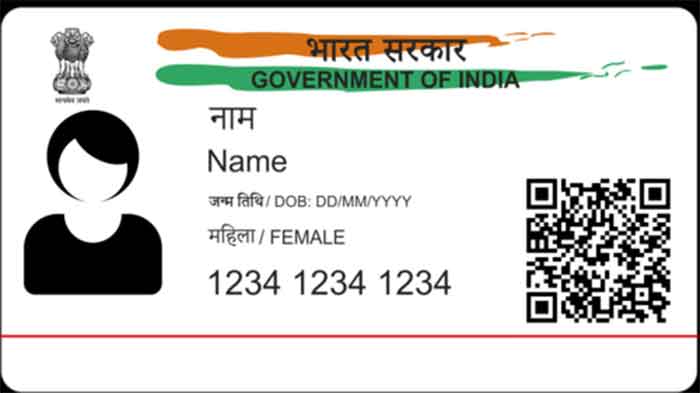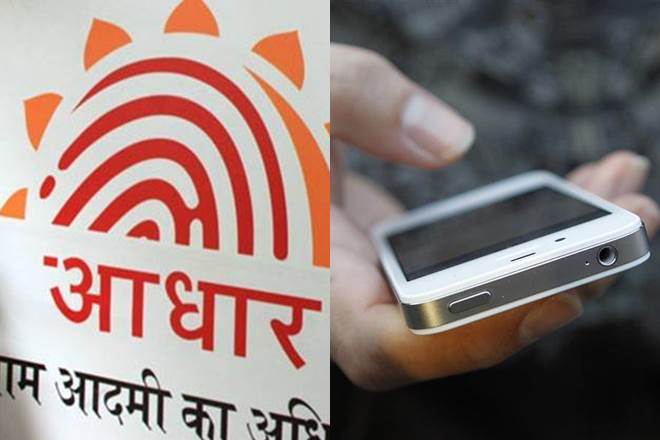
The successive governments have depended heavily on technology to deal with service delivery and leakages and the use of technology has almost become indispensible in the modern day governance approaches. As a result one can observe the mobile apps, websites, MIS data being the popular talking points among the top officials and technology has become a one stop solution to the issues of public service delivery.
This increasing dependence on technology is dangerous and disempowering for the community who are at the receiving end of all of it. Introducing over the top technological solutions to deal with complex social and administrative dynamics, empowers only a set of people who were already dominating and controlling the supply mechanisms.
Modern day administrator’s fascination with technology driven solutions is nothing but a failure of the system which does not adequately educate them on societal structures, administrative processes and gaps and local contexts. Many coming from a society which is overly indulged into the world of technological fantasy and therefore easy sounding technological solutions to each and every problem becomes easily credible for them. Furthermore such solutions provide them with an advantage of monitoring over the schemes and programmes sitting at the comfort of their AC rooms through their beloved computers but often, being distantly placed from the reality, what they fail to understand is , the data they see, are mostly fabricated and false.
Another interesting fact is, when targets or plans are pushed from the top most chairs, the tech savvy computer operators and cunning local administrators find their own ways to meet the targets with a little tampering with the technology or a falsely posted data. Like for meeting 100% DBT( direct benefits transfer)targets lot many job cards get deleted which are not seeded with Adhaar. It is however a common practice to bring down the number of eligible persons/ families to show 100% achievements and with technological intervention this has become easier. The Management Information Systems become a ridiculous joke under the current state of governance in the nation.
It is true that the technology treats everyone equally and does not discriminate between people. However this non humane nature of the machines does not prove to be very fruitful in the context of service delivery. I will again take an example of MGNREGA, as it is considered to be the world’s largest rural job scheme and benefits about 7.5 crores households in the nation. Suppose, the state administration decide and close all material intensive schemes in the website and close material payments window for certain districts in anticipation of a potential violation of the 60:40 wage material ratio,that would effectively mean that the workers who had worked in the schemes will not be paid further, till it is opened again on the website, no vendor or beneficiary will get their due payments for supply or purchase of material. Thereafter lengthy administrative processes will have to be followed to resume work or to pay to the entitled people. This is how insensible technology driven solutions can become and this is how insensitively it can be used with top administrator’s being ignorant of the rural realities.
In today’s context, in the name of digital governance the most vulnerable families are excluded and exploited, local influentials and elites becoming stronger and local accountability is destroyed , thereby the idea of local governance is thrashed.
Imagine a thousand workers demonstrating before a Computer, asking for their MGNREGA pending wages as the BDO( Block Development Officer) tells them that the block officials have passed their payments and it is now upto the electronic system to respond and credit their wages into bank accounts or suppose a MGNREGA worker is looking for a delhi based software programmer who wrongly had put a check on 100days demand instead of 100 days work done in the website and thereby denying further work to the family, despite being eligible according to the ACT.
Imagine, a person whose thumb impressions are not accepted by the EPoS( Electronic point of sale) machine and thus being denied her ration, whom will they hold accountable?
How would you feel, if you are told that your salary has been sent to an electronic finance management system, which is yet to sanction funds for your salary as there is a crisis of funds at the central level and that it can be indefinitely delayed till some technical issues are resolved. How would you feel if your monthly remuneration goes to someone else’s bank account due to wrong seeding of adhaar and bank account.
The governments should however use the technology a little sensibly and put in place proper monitoring and review mechanisms at each administrative levels. It should ensure that the Management Information System(MIS) only reflect data or performances which has happened on ground and do not dictate the implementation of the schemes.The MIS should be seen as a tool to hold officials accountable for the work they are assigned and not a means to implement schemes . The ground deliveries, supplies and implementation should be carried out in a decentralized manner with proper devolution of power . Concrete mechanism for review of programmes should be in place. A multi-layered monitoring system should be grounded which will have administration’s own structure for review as well as independent audits and evaluations. The governments will also have to understand that it has to bring in more people’s collective’s , PRI ( Panchayati Raj Institutions )representatives and institutionalize the idea of people’s monitoring for setting up a proper accountability structure to the micro levels. MIS can be one of the options for monitoring and the local administrative officials need clear instructions as to how to use the MIS data.
The technological solutions conveniently bypass the context and politics of a particular area which also does vary from place to place. The machines can do everything but for answering to people’s queries and grievances. One needs to use technological interventions for an accountable governance but not let the machines control the show.
Debmalya Nandy Is a social Worker















































